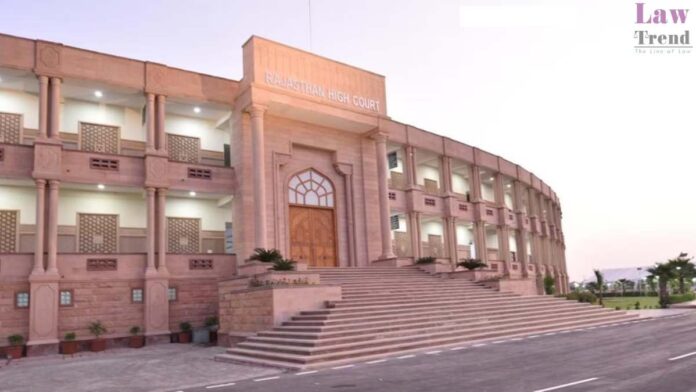The Rajasthan High Court has dismissed a writ petition challenging the appointment of Shri Padmesh Mishra as Additional Advocate General (AAG) for the Government of Rajasthan. The petitioner, Advocate Sunil Samdaria, contested the appointment, alleging a violation of the Rajasthan State Litigation Policy, 2018. The High Court, in a detailed ruling, upheld the government’s authority




